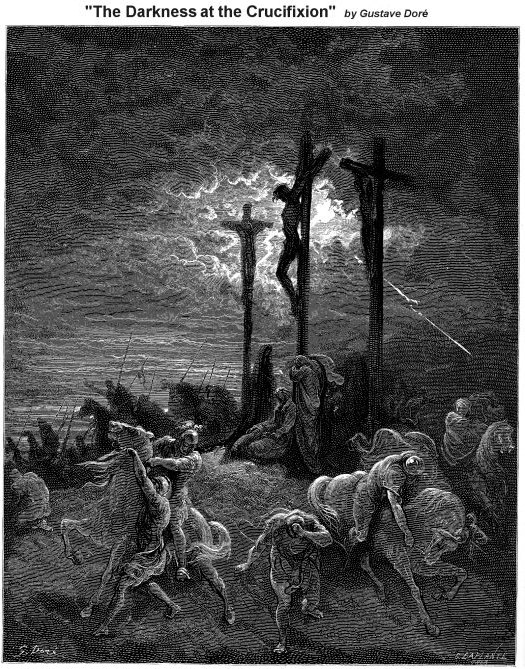
For our sake he made him to be sin who knew no sin, so that in him we might become the righteousness of God.
2 Cor. 5:21
The Great Exchange is that wonderful one-sided trade of our sins, inadequacies, and numerous failings for Christ’s forgiveness, sufficiency, and triumphal victory. The greatest of all exchanges happened on Calvary’s Hill, Jesus Christ who was truly innocent and without sin, took upon himself all our petty selfishness, deep rebellion, and soul-rending brokenness and then substituted his perfect righteousness, unfailing forgiveness, and spirit-renewing healing. The exchanged life is not a one time event, but a life lived on a daily basis by faith. Each day, the Gospel reminds us that we are forgiven in Christ because of his most gracious grace (2 Cor. 5: 21; Gal. 2:20).
Everything that we know and appreciate and praise God for in all Christian experience both in this life and in the life to come springs from this bloody cross.
Do we have the gift of the Spirit? Secured by Christ on the cross.
Do we enjoy the fellowship of saints? Secured by Christ on the cross.
Does he give us comfort in life and death? Secured by Christ on the cross.
Does he watch over us faithfully, providentially, graciously, and covenantally? Secured by Christ on the cross.
Do we have hope of a heaven to come? Secured by Christ on the cross.
Do we anticipate resurrection bodies on the last day? Secured by Christ on the cross.
Is there a new heaven and a new earth, the home of righteousness? Secured by Christ on the cross.
Do we now enjoy new identities, so that we are no longer to see ourselves as nothing but failures, moral pariahs, disappointments to our parents—but deeply loved, blood-bought, human beings, redeemed by Christ, declared just by God himself, owing to the fact that God himself presented his Son Jesus as the propitiation for our sins? All this is secured by Christ on the cross and granted to those who have faith in him.â€
D. A. Carson, Scandalous: The Cross and Resurrection of Jesus (Wheaton, IL: Crossway, 2010), 70-71.
